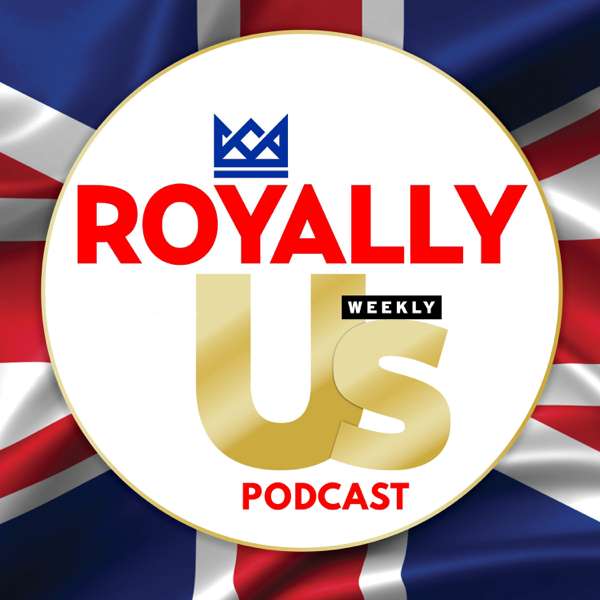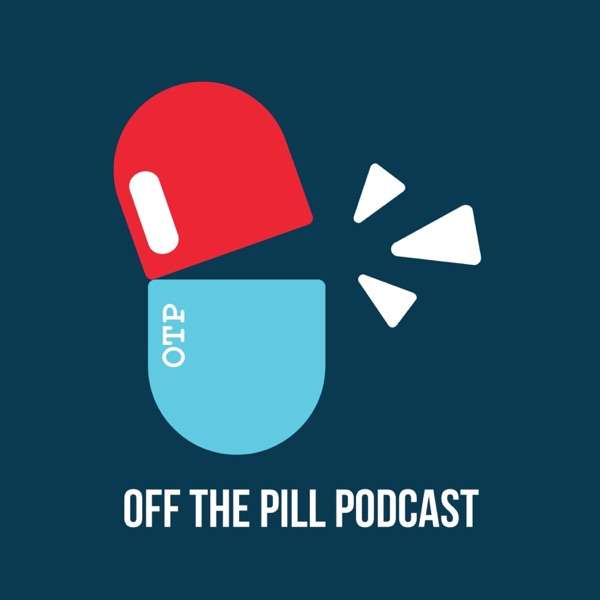It’s rankled the And Sons team a while: it seems like VR presents a real threat of escaping reality, in a negative sense, but haven’t folks found ways to escape reality anyway? Sports, books, hobbies, films, dirt bikes, all that? The question is, is there a difference between escaping from reality and escaping into reality, that is, allowing a larger reality to frame your experience?
You talk about these things on a Monday morning so we sat down for a realtime conversation on the topic.
We’re supposed to live in such a way that we’re not fried, not on empty, not always reaching for last-minute soul-caffeination. We’re supposed to escape. And we do. But is it working? When you ask your friends how they’re doing, do you know anybody who rarely says “Tired”?
So. Let’s evaluate practices of medication and soul care.
In brief: we’ve got to return to human nature, to fortifying out understanding of what people are for, generally, and how they thrive, usually. And we have to have a good understanding of our season. And we’ve got to ask God - What practice, rhythm, routine would you like me to take up? This isn’t a buzz kill. You’ll like what God’s calling you to. Pardon the obvious but really. You’ll like the life God is leading you into.
Because we’re already escaping. But are we escaping in the right way, at the right times, often enough, getting the results we need? Are we experiencing goodness in our lives more often?
Also in this conversation: the staging of the Old Testament, the reader’s imagination, uncovering addiction, and some thoughts on the fact everybody medicates. It’s the soul, so it’s a wandering conversation.

 Our TOPPODCAST Picks
Our TOPPODCAST Picks  Stay Connected
Stay Connected







